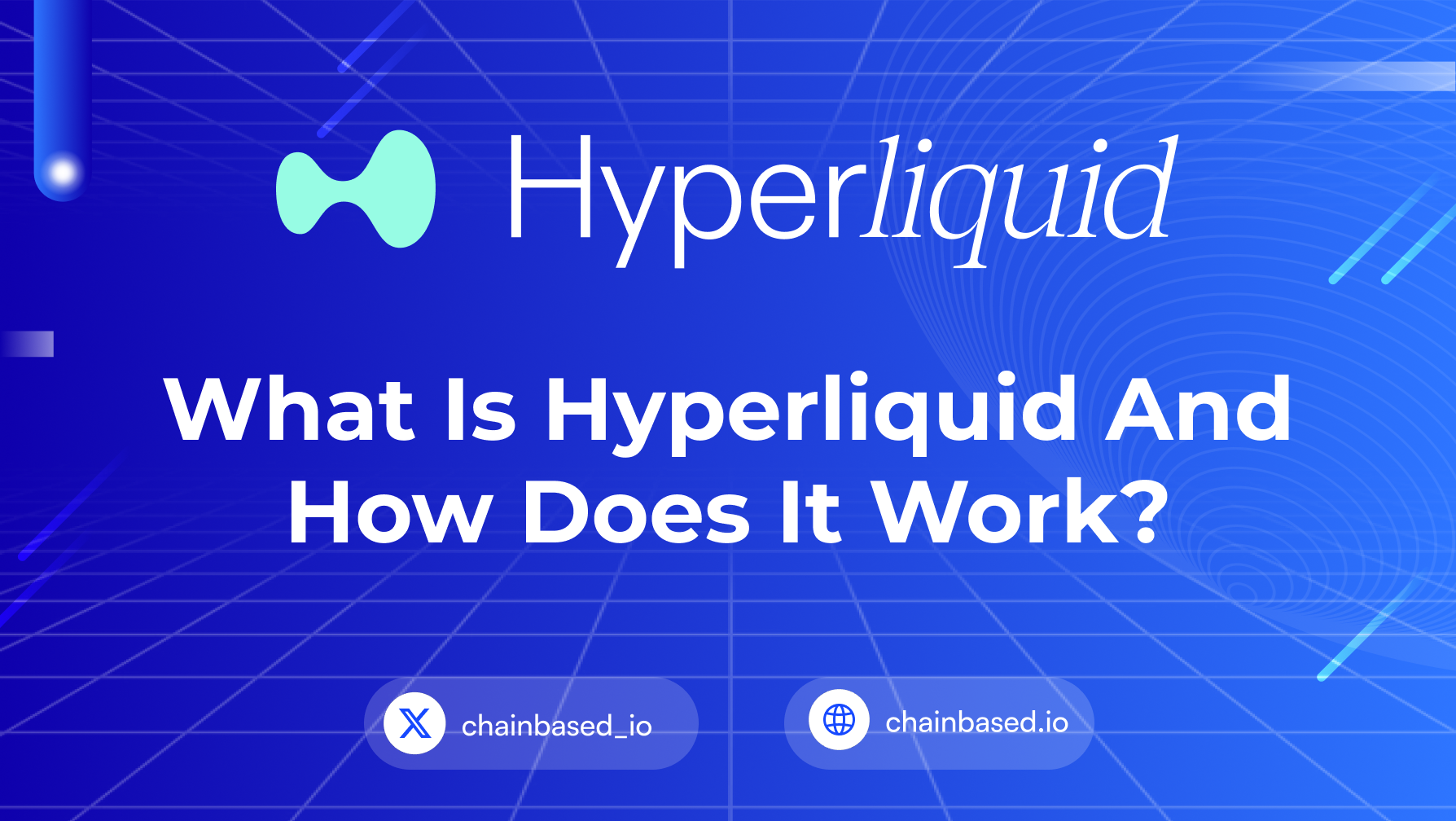What Are ZK-Rollups?
Zero-Knowledge Rollups (ZK-Rollups) are a cutting-edge Layer-2 scaling solution designed to enhance blockchain scalability while maintaining user privacy and data security. This article delves into the mechanics, benefits, limitations, and practical applications of ZK-Rollups, providing a clear understanding of their role in the evolving blockchain ecosystem.
Table of Contents
- What Is a ZK-Rollup?
- How Do ZK-Rollups Work?
- Benefits of ZK-Rollups
- Limitations of ZK-Rollups
- Examples of ZK-Rollups
- ZK-Rollups vs. Optimistic Rollups
- How to Access ZK-Rollups
What Is a ZK-Rollup?
A Zero-Knowledge Rollup (ZK-Rollup) is a Layer-2 solution that leverages zero-knowledge proofs to batch transactions off-chain and submit a validity proof to the main blockchain. By processing transactions in bulk, ZK-Rollups significantly improve blockchain throughput while preserving security and decentralization.
The zero-knowledge proof ensures the correctness of transactions without revealing specific details, making ZK-Rollups especially useful for applications requiring privacy and security, such as decentralized finance (DeFi) and gaming.
How Do ZK-Rollups Work?
ZK-Rollups enhance blockchain performance through the following steps:
- Transaction Aggregation
Transactions are batched off-chain into a single data structure, reducing the data processed on the main blockchain. - Zero-Knowledge Proofs
A cryptographic proof is generated to validate transactions without revealing sensitive data. This maintains transaction integrity while ensuring privacy. - Data Availability
Even though transactions are processed off-chain, the data remains accessible through mechanisms like decentralized storage and availability checks. - Submission to the Main Chain
The aggregator submits the validity proof and batched transaction data to the main blockchain for verification. - Verification and Finality
The main blockchain validates the proof, finalizing the transactions and recording them on-chain. - Smart Contract Interaction
ZK-Rollups can execute smart contracts, enabling diverse functionalities like token swaps, DeFi operations, and NFT transactions.
Benefits of ZK-Rollups
- Scalability
By moving most processing off-chain, ZK-Rollups handle more transactions per second, boosting network performance. - Cost Efficiency
Aggregated transactions lead to reduced fees, making dApps more affordable and accessible. - Enhanced Security
Cryptographic proofs ensure strong security while anchoring transaction data to the main chain. - Improved Privacy
Sensitive transaction details are hidden, protecting user data from unauthorized access. - Interoperability
ZK-Rollups enable seamless interaction across various blockchain networks, fostering innovation and collaboration.
Limitations of ZK-Rollups
- Technical Complexity
Implementing ZK-Rollups requires advanced cryptographic expertise. - High Setup Costs
Establishing ZK-Rollup infrastructure involves significant initial investments in time and resources. - Data Availability Challenges
Ensuring off-chain data availability is crucial to maintaining system integrity. - Potential Security Trade-offs
Complex computations may increase the attack surface or create new vulnerabilities. - Centralization Risks
Aggregators or operators managing transactions could introduce centralization concerns.
Examples of ZK-Rollups
- zkSync
Enhances Ethereum scalability, enabling low-cost token transfers and smart contract interactions. - StarkNet
Leverages StarkEx technology for high-performance scaling on Ethereum. - Loopring
A decentralized exchange protocol using ZK-Rollups to improve transaction throughput and privacy. - Polygon zkEVM
Integrates ZK-Rollups into the Ethereum Virtual Machine for efficient, secure dApps.
ZK-Rollups vs. Optimistic Rollups
- Verification: ZK-Rollups use cryptographic proofs, while Optimistic Rollups rely on fraud proofs and dispute resolution mechanisms.
- Finality: ZK-Rollups achieve faster finality due to instant proof verification.
- Complexity: ZK-Rollups are computationally intensive, whereas Optimistic Rollups are simpler to implement.
How to Access ZK-Rollups
To use ZK-Rollups, acquire supported cryptocurrencies like Loopring (LRC), Ethereum (zkSync), or USDC (zkSync). Platforms like Chainbased simplify this process by offering diverse payment methods, including credit cards, bank transfers, and digital wallets.
Note: Some restrictions apply based on region. For instance, certain tokens may not be available in Canada, New York, or Texas.
ZK-Rollups represent a transformative approach to blockchain scalability and privacy. By addressing the limitations of existing Layer-2 solutions, they pave the way for a more efficient and secure decentralized future.
All-in-One DeFi Platform. The first effortless Cross-Chain Liquidity: 56+ Blockchains, 100+ Bridges, DEXes & Staking Protocols in one platform.

.png)

%20in%20Crypto_.png)
